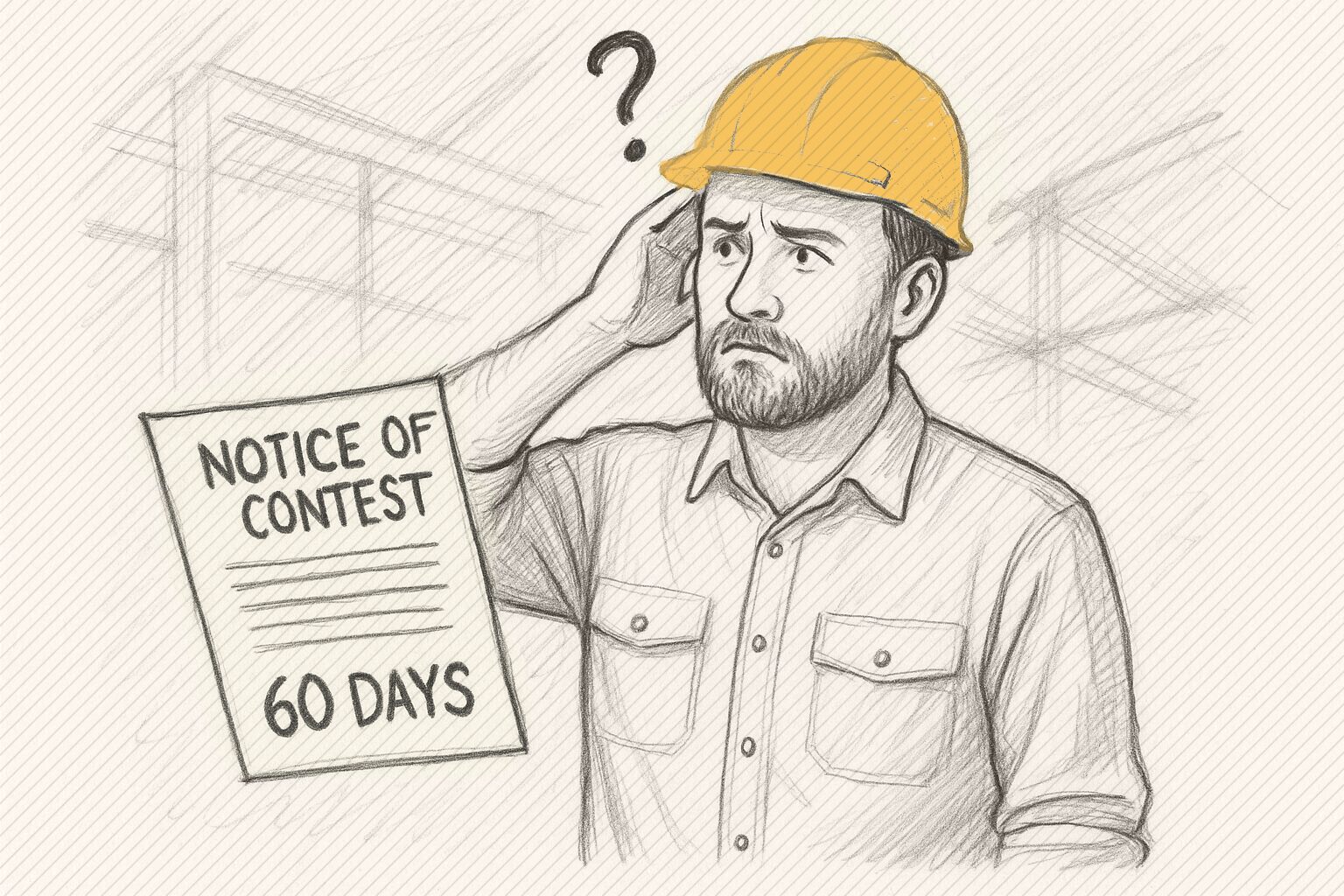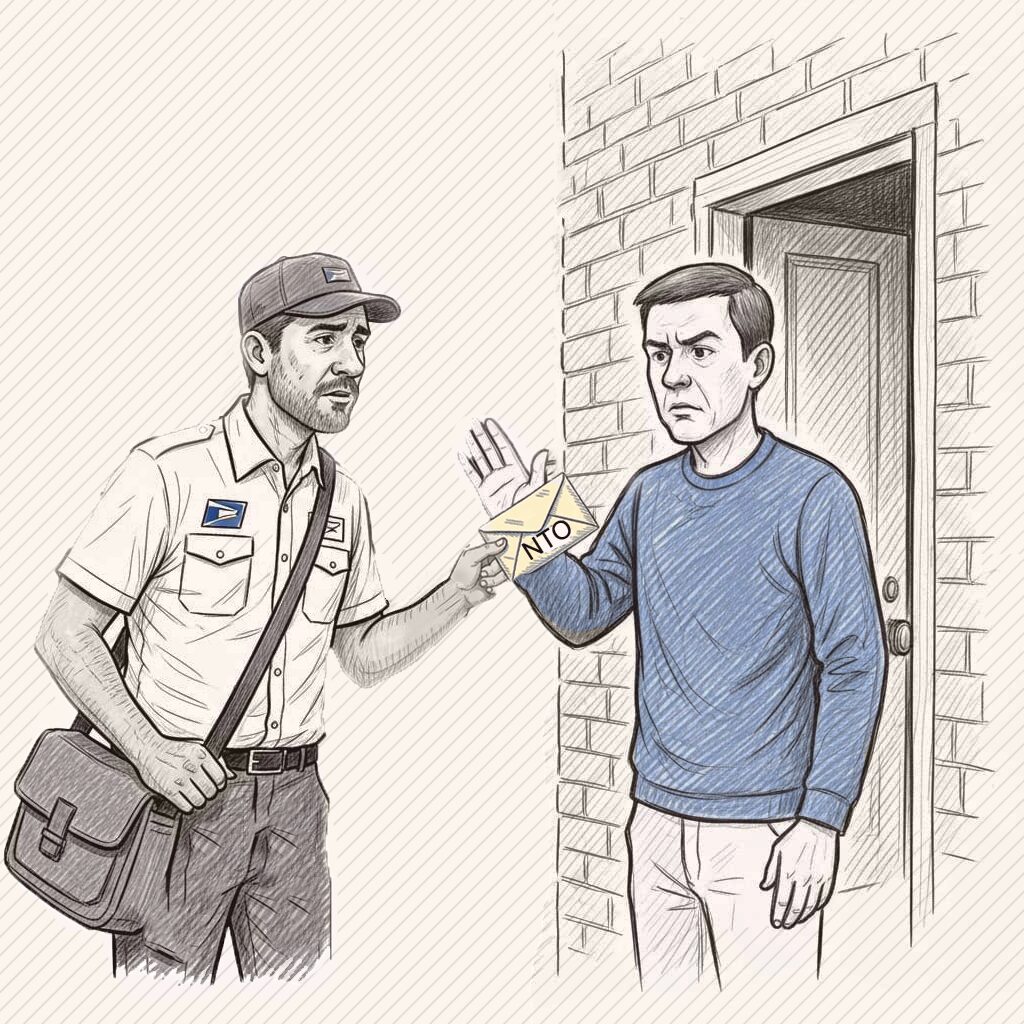
Can I Get Paid Without a Signed Change Order in Florida?
The scope changed. You did the extra work. Now the GC or owner refuses to pay because “you didn’t get a signed change order.” Sound familiar?
If you're working on a construction project in Florida and don’t have a direct contract with the property owner, Florida law may
Avoid costly errors when filing a construction lien in Florida. This guide explains the most common mistakes under Chapter 713 and how
This information provides an overview of key steps involved in filing a construction lien under Florida Statute Chapter 713. It is intended
I’ve had this conversation more times than I can count. When not to hire a lawyer It starts with a potential client

The scope changed. You did the extra work. Now the GC or owner refuses to pay because “you didn’t get a signed change order.” Sound familiar?

In Florida construction law, knowing the difference between a release of lien and a satisfaction of lien can mean the difference between getting paid and giving up your rights too soon.

In Florida, a construction lien is a powerful tool for contractors, subcontractors, and suppliers to secure payment. However, receiving a Notice of Contest of Lien can significantly alter your ability to enforce that lien. This legal document, recorded by a property owner, reduces the time you have to act from one year to just 60 days. Failing to respond appropriately can result in the automatic loss of your lien rights.

Under Florida’s Construction Lien Law (Chapter 713, Florida Statutes), certain construction professionals must serve a Notice to Owner (NTO) to protect their right to file a lien. This is not optional—missing this requirement can result in losing your lien rights and, ultimately, your ability to collect payment.
